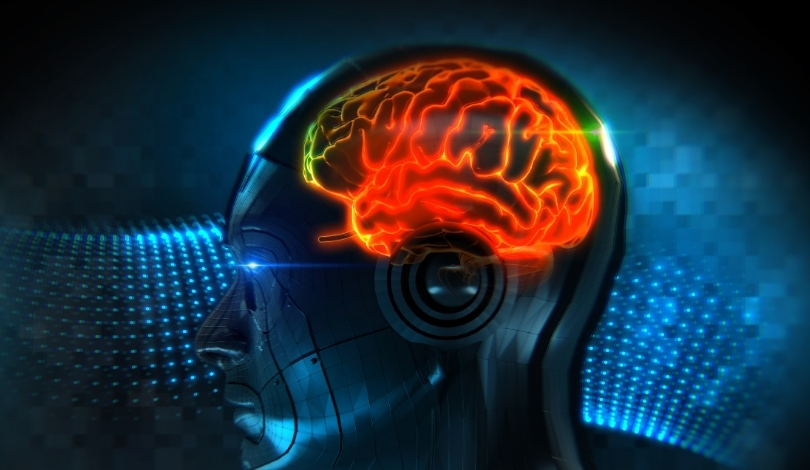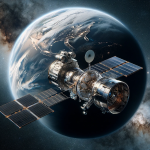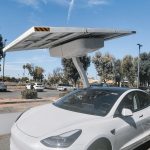OpenAI and Microsoft continue to strengthen their collaboration in the artificial intelligence sector, despite facing internal challenges. The partnership, crucial for advancing AI technologies, has seen its share of tensions due to the rapid development pace and resource demands. Both companies are committed to navigating these complexities to sustain their joint efforts in shaping the future of AI.
Earlier reports highlighted the robustness of the OpenAI-Microsoft alliance, emphasizing mutual benefits and shared goals. However, recent developments indicate emerging strains as OpenAI seeks additional computing resources to support its expanding projects. This shift underscores the dynamic nature of their partnership and the evolving demands of AI innovation.
What Issues Are Straining the OpenAI-Microsoft Partnership?
The primary strain arises from OpenAI’s increasing need for computing power, which has led to occasional tensions with Microsoft. According to OpenAI CEO Sam Altman, “There are at various times, real compute crunches,” indicating periods where resource demands test the partnership’s resilience.
How Is the Relationship Between OpenAI and Elon Musk Evolving?
OpenAI’s relationship with Elon Musk has deteriorated, as Musk is now challenging the company’s mission and market position through his own AI startup, xAI. Altman described the state of their relationship as “tremendously sad,” reflecting personal and professional disappointments stemming from Musk’s actions.
What Are OpenAI’s Future Prospects in AI Development?
Despite challenges, OpenAI remains optimistic about advancing AI technologies. Altman anticipates significant breakthroughs in AI systems by 2025 and emphasizes the potential economic impacts of artificial general intelligence (AGI). The focus on developing A.I. agents is expected to drive the next phase of AI innovation.
While the partnership with Microsoft faces periodic challenges, both entities maintain aligned incentives to push forward in AI research and application. OpenAI’s dedication to achieving AGI underscores a commitment to long-term objectives, balancing current resource needs with future aspirations.
Looking ahead, OpenAI’s strategic decisions and collaborative efforts with Microsoft will play a pivotal role in navigating the complexities of AI development. The interplay between competition with rivals like Musk and internal partnership dynamics will shape the trajectory of both companies in the rapidly evolving AI landscape.
Effective management of resource allocation and sustaining strong alliances will be essential for OpenAI and Microsoft to overcome current strains and continue their pursuit of advancing artificial intelligence technologies. Their ability to adapt to challenges will determine the success of their collaborative efforts in the competitive AI market.
As AI technologies become increasingly integral to various industries, the robustness of partnerships like that of OpenAI and Microsoft will be crucial. Ensuring mutual support and addressing challenges collaboratively will facilitate sustained innovation and competitiveness in the global AI arena.
OpenAI and Microsoft are navigating their partnership amidst growing demands and competitive pressures, aiming to sustain their leadership in the AI sector. The evolving dynamics with key figures like Elon Musk and the pursuit of advanced AI systems highlight the complexities and opportunities within their collaboration.










